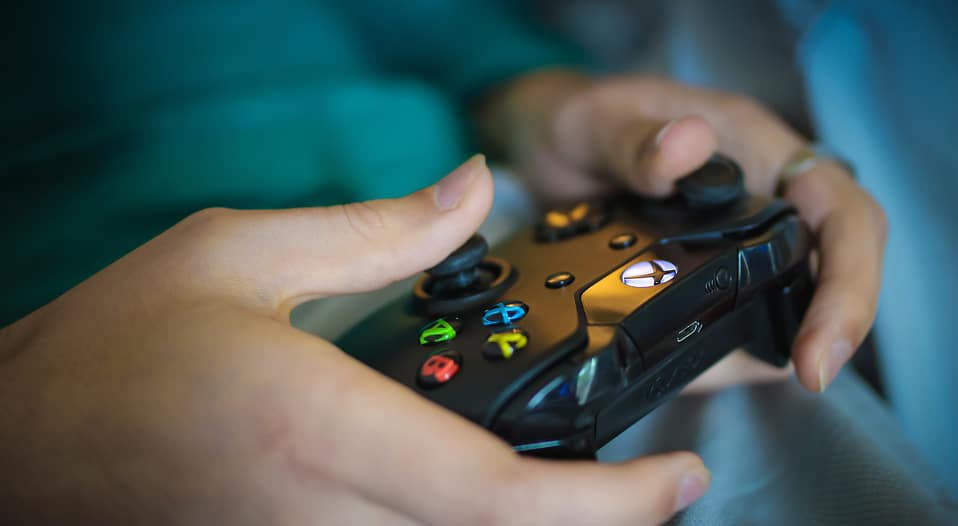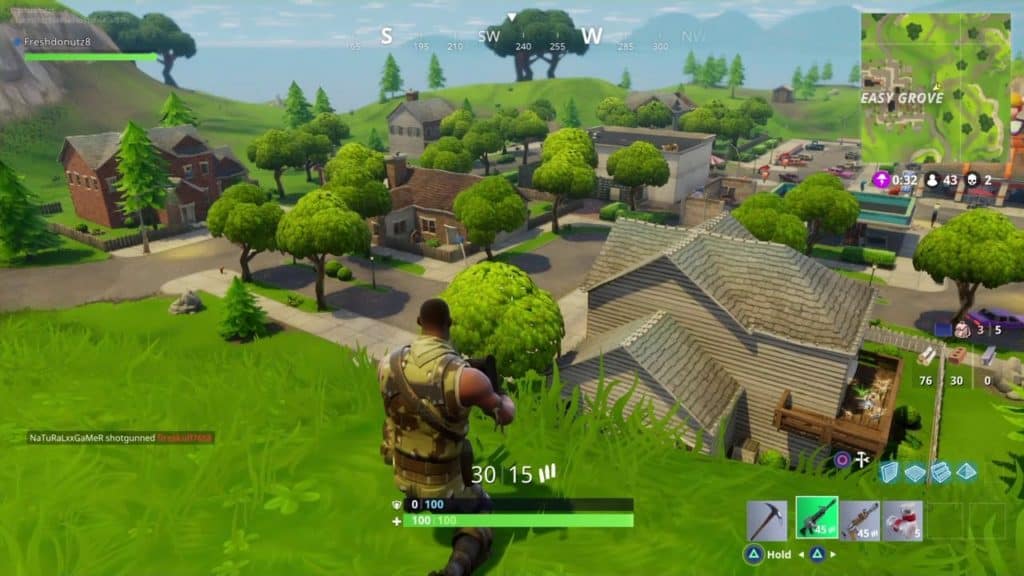
Parents wanting to win their children back from gaming should use understanding and consistent boundaries.
That is the advice from Ipswich clinical psychologist and USQ senior lecturer Crystal McMullen.
The challenges parents face keeping their children’s gaming habits in check have again come to the fore in recent weeks on the back of the hugely successful online game, Fortnite.
The game pits up to 100 players, as individuals or in teams, against one another in a constantly shrinking ‘safe zone’ where they must scavenge for weapons and armour to fight off opponents, with the last surviving player or team winning.
It has amassed millions of players worldwide and left some parents at their wit’s end when it comes to how to pry their children away from the game.
Why your kids are ‘hooked’
Ms McMullen said understanding how gaming fitted in children’s lives was an important first step.
“For as long as computers have been around, games have been around,” she said.
“Playing games in and of itself shouldn’t be cause for concern but as with everything, it needs to be done in moderation.
“Over time, game developers have become particularly good at building features into games to make them extra enjoyable and harder to walk away from.
“Beyond that, what is different nowadays, in particular, is the social element.
“These days children are playing games with their friends, talking to their friends the next day at school about the game and their strategy; the interaction goes well beyond just playing the game.
“It’s an important social element for this generation.”
What you can do about it
Ms McMullen said while stopping a child from playing may at first seem like an answer, it was akin to not letting them attend a party all their friends were attending.
“It’s important parents understand children aren’t playing the game to be naughty or disobedient, and that it is very hard for them to walk away from it,” she said.
“Usually, when we are asking them to get off the game it is to do something that is not as enjoyable.

“Most people would choose chocolate over broccoli and it’s the same for children when they are being asked to choose something like homework or chores over gaming.
“It’s important not to minimise the value of the game in their life, so avoid saying things like ‘it’s just a silly game’.
“The way we can address it is through clear and consistent routines. So it might be that they are allowed to play the game between 4pm and 5.30pm and then it has to be put away.
“However, if all their friends play the game between 6pm and 7pm this might not work because it will be cutting them off from that social element.
“There is no one size fits all, I know of some families who don’t allow gaming during the week and that can work too.
“What is important is that parents talk to their children about the need to set boundaries and listen to their kids to try and come up with boundaries that will work.
“They key, once the boundaries are agreed and set, is to be consistent.”
Model the behaviour you want to see in your kids
Another important tactic for parents is to look at their own behaviour.
“A big part of the reason why it can be hard to ask children to put a device away is often they will put their device away but see their parents on a device all night,” she said.

“It’s important to model the behaviour we want our children to adopt. If they have to take time away from their screens then we need to be doing the same as parents.”
She said similar skills could be applied when dealing with upset children.
“I always encourage parents to be calm and persistent with their reaction. There is no advantage to putting an emotional parent into a situation where there is an emotional child, try to stay calm and above that.”
Remember it’s not all bad
“Gaming often gets a bad rap, but as well as the social element, it can be excellent for visual perception and hand-eye coordination,” she said.
“It can also help to build problem solving skills, and does encourage social interaction beyond the game if the kids are all talking about it the next day at school.
“It doesn’t have to be all in or all out. It really is an opportunity to teach children a great life skill about how to balance their intake of something they really enjoy. I think that’s a skill we all need.”
Get the inside word from local experts

5